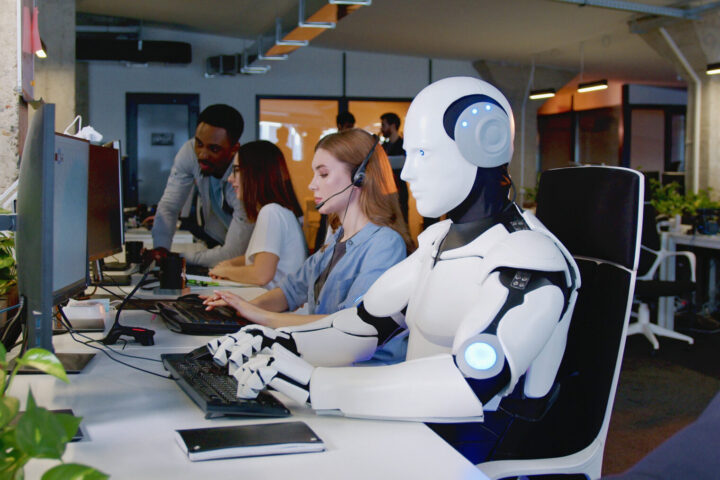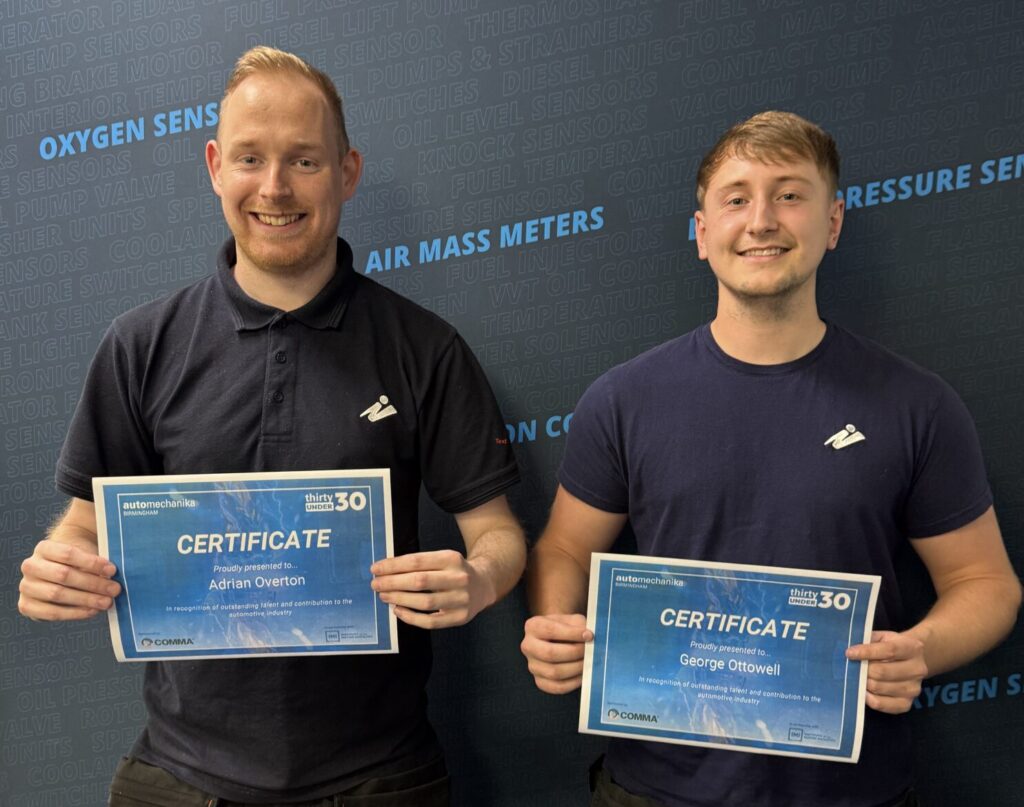According to FDM Group’s Workplace 2.0: artificial intelligence (AI) Adoption and the Future of Jobs survey, 58% of organisations reported limited or early-stage AI proficiency, highlighting a widespread capability gap. For over a third of these organisations, the barrier stems from a shortage of specialist skills, leaving organisations at risk of missing out on the transformative potential of AI and the new opportunities it can bring.
From redefining job roles to reshaping graduate expectations, the rise of AI is reinventing how we work and demanding a new approach to skills advancement.
The New World of Work
The rising adoption of AI tools is fundamentally reshaping the modern workplace and is not just changing how tasks are performed, but redefining which skills are valued and how roles are structured.
In many cases, work is being redistributed, as teams find new ways to integrate AI into daily execution and decision-making. As a result, traditional job descriptions are evolving, and hybrid roles that blend technical capabilities with human skills are becoming more common.
Early career roles, which have long served as entry points for young professionals, are now undergoing significant transformation. Rather than being eliminated, these roles are opening new doors for junior talent to bring digital agility, fresh perspectives, and a readiness to collaborate with new systems.
The AI Talent Race
With 170 million new AI roles predicted by 2030, the race for talent is escalating. Organisations must have the right expertise in place to introduce emerging AI positions such as prompt engineers, AI project managers and machine learning engineers, while ensuring that even non-technical positions are equipped with a baseline understanding of AI-driven platforms.
Whilst this momentum continues to grow, only 2% of organisations have embedded AI in core operations. This gap emphasises the critical need for organisations to build strong talent pipelines that not only recruit new AI professionals but also upskill existing teams to evolve alongside advancing technologies.
Preparing the entire workforce to manage and support AI integration is a future necessity and without this foundation, organisations risk falling behind a rapidly advancing digital economy where innovation and agility are key to long-term success.
Closing the graduate skills gap
As the demand for AI related skills is expected to grow rapidly, organisations must rethink how they prepare graduates for the workforce. Graduates entering the workforce must be equipped for a landscape where adaptability, AI literacy, and digital problem-solving are essential. Academic credentials alone are no longer enough and in order to stay competitive, young professionals must be able to work alongside intelligent systems and apply human insight to AI-generated outputs.
For organisations, the path forward lies in strategically designing skills policies and frameworks that prioritise lifelong learning and embed AI capabilities alongside core human skills. By embedding graduate upskilling as a core strategy, businesses can close the capability gap and ensure their workforce remains competitive in a rapidly transforming job market.
Sheila Flavell is COO of FDM Group
















